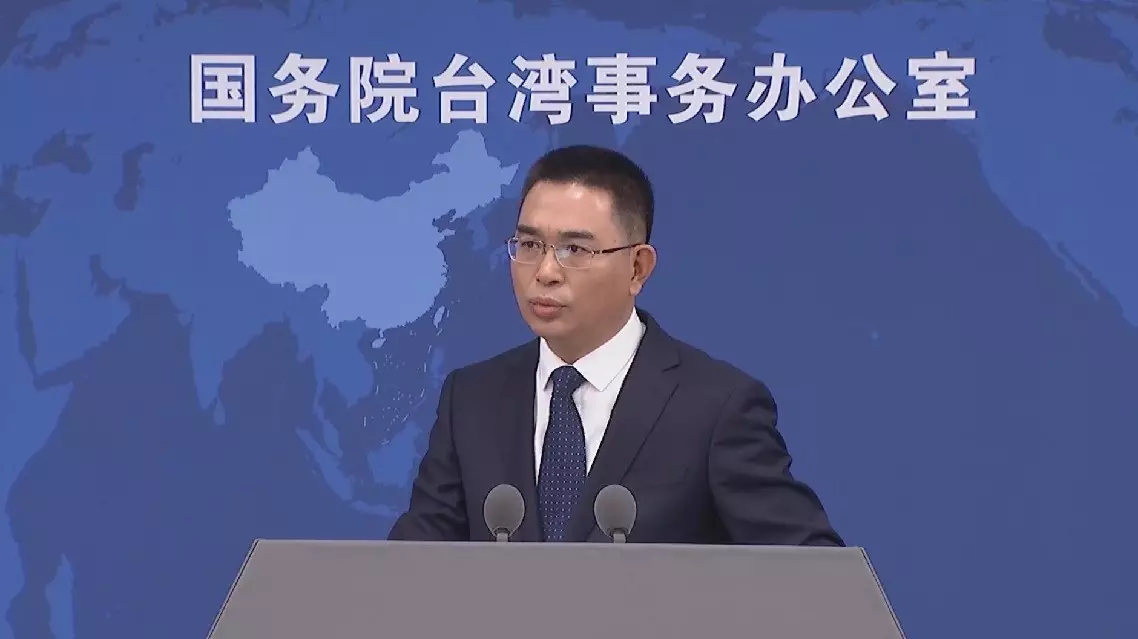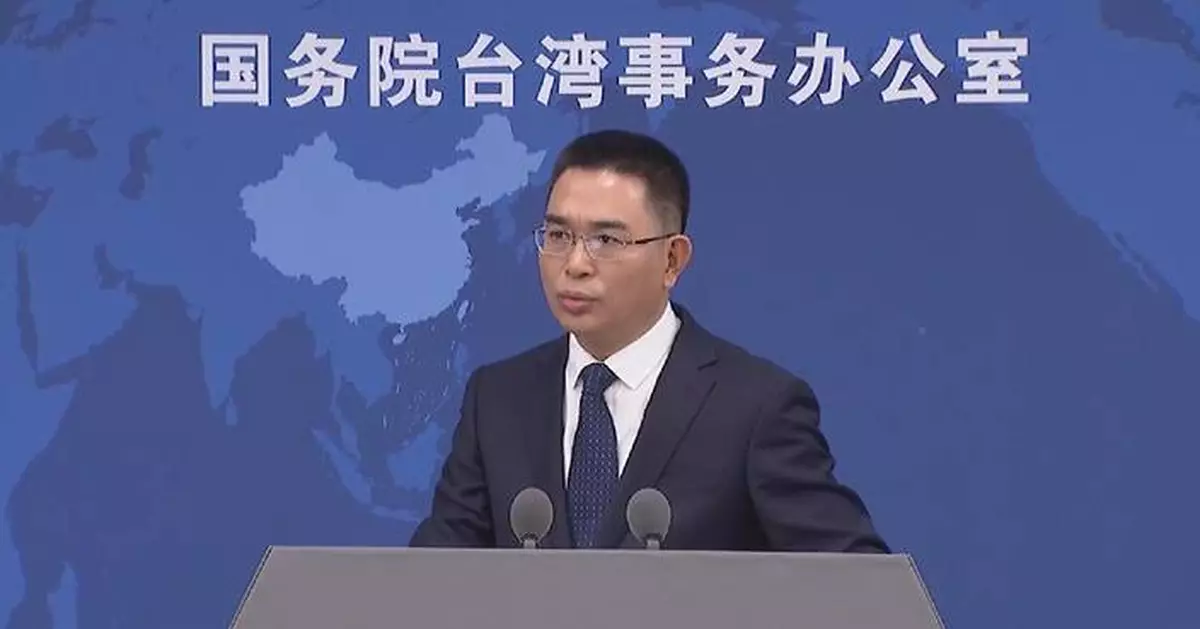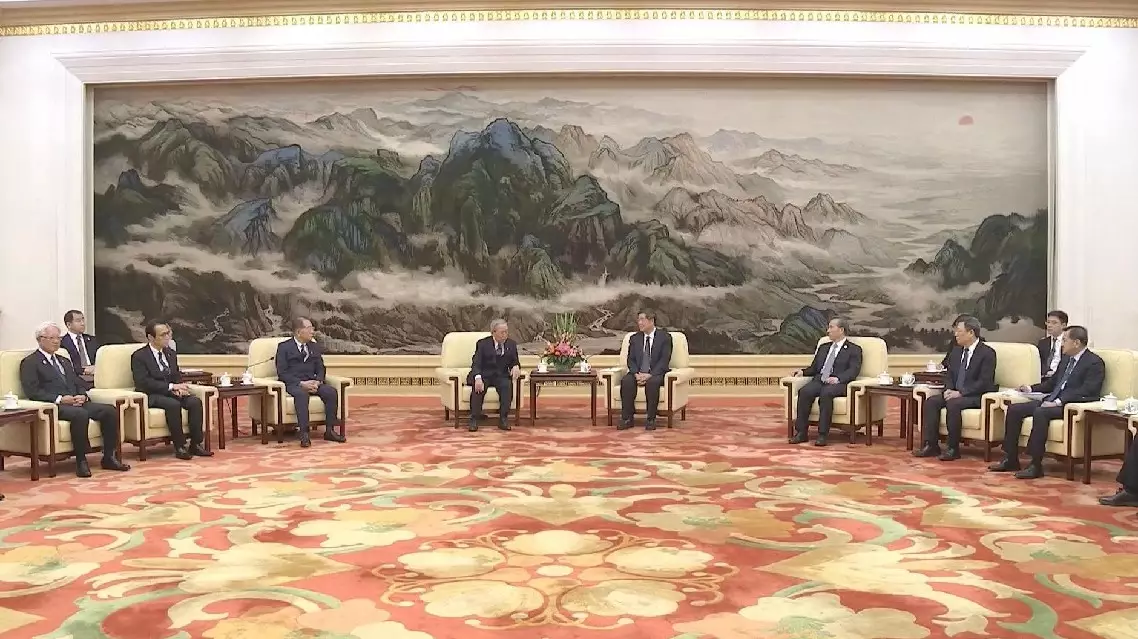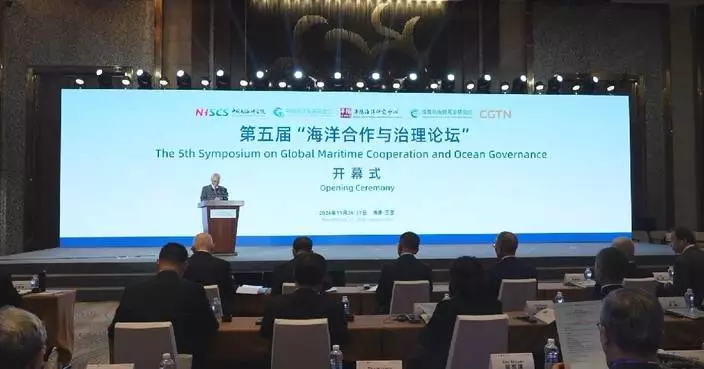Consultation between the Chinese mainland's Association for Relations Across the Taiwan Straits (ARATS) and Taiwan's Straits Exchange Foundation (SEF) could resume if Taiwan authorities acknowledge the 1992 Consensus, which upholds the one-China principle, a Chinese mainland spokesman said Wednesday.
Chen Binhua, spokesman for the Taiwan Affairs Office of the State Council, made the statement in response to recent irresponsible remarks regarding the 1992 Consensus from Frank Wu, the SEF chairman.
"In 1945, the Chinese people won the War of Resistance Against Japanese Aggression, and Taiwan [was freed from Japanese colonial rule and] returned to the embrace of the motherland. Shortly thereafter, due to the continuation of China's civil war and interference from external forces, the two sides of the Taiwan Strait entered a special state of political confrontation. However, China's sovereignty and territory have never been divided, and the fact that the mainland and Taiwan belong to one China has never changed, nor can it ever change. The reunification of the two sides of the Taiwan Strait is about ending political antagonism, not about recreating territory or sovereignty," said the spokesman.
The "1992 Consensus" refers to an agreement reached in 1992 between ARATS and SEF, where both sides agreed to state that "the two sides of the Taiwan Strait adhere to the one-China principle."
The essence of the 1992 Consensus is that "both sides of the Taiwan Strait belong to one China and will work together toward national reunification." It defines the fundamental nature of cross-Strait relations, lays the political basis for the development of ties across the Taiwan Strait, and has profound implications for cross-Strait relations to improve and develop.
"It was on the basis of the 1992 Consensus that cross-strait consultations and negotiations were initiated, exchanges between political parties across the Straits were promoted, and a path of peaceful development was forged for cross-strait relations, benefiting compatriots on both sides. The process and content of the 1992 Consensus are crystal clear, with well-documented written records, and the tangible benefits it has brought to compatriots on both sides are there for all to see," said Chen.
"The 1992 Consensus has played an irreplaceable and vital role in establishing political mutual trust, conducting dialogue and consultations, and improving cross-strait relations. Those engaged in cross-strait affairs should have an accurate understanding of this. I want to emphasize again that as long as Taiwan's Straits Exchange Foundation returns to the common political foundation of the 1992 Consensus and recognizes the fact that both sides of the Taiwan Strait belong to one China and one nation, cross-strait consultation can resume," said Chen.

Cross-Strait consultation to resume given recognition of "1992 Consensus": spokesman










